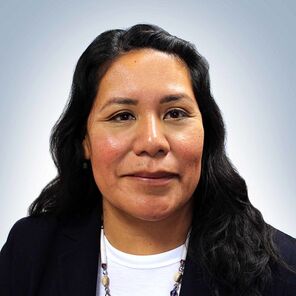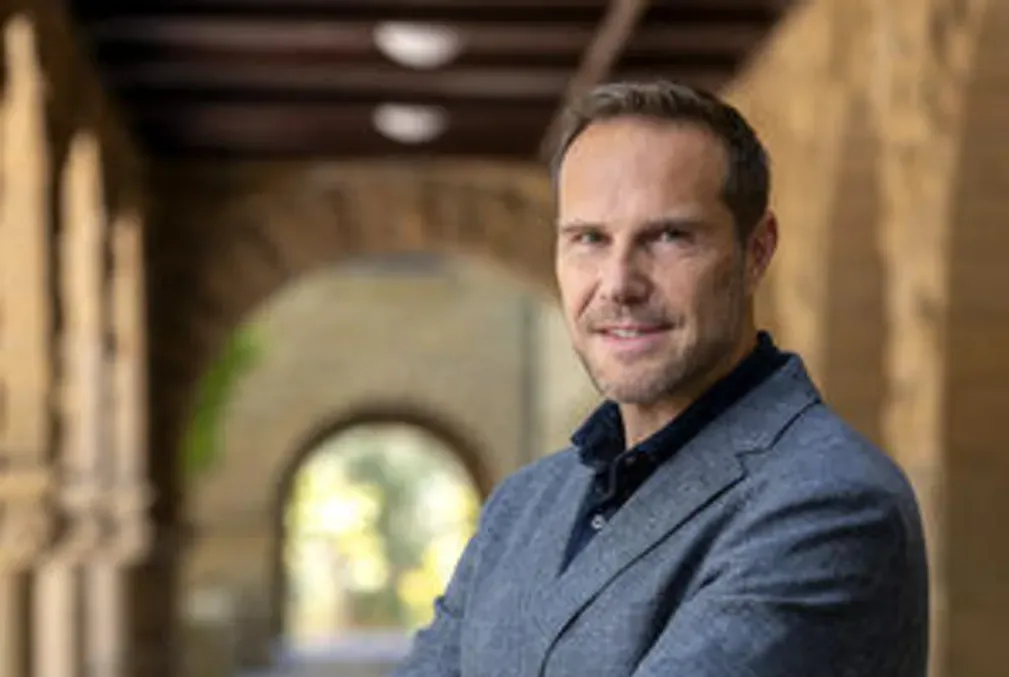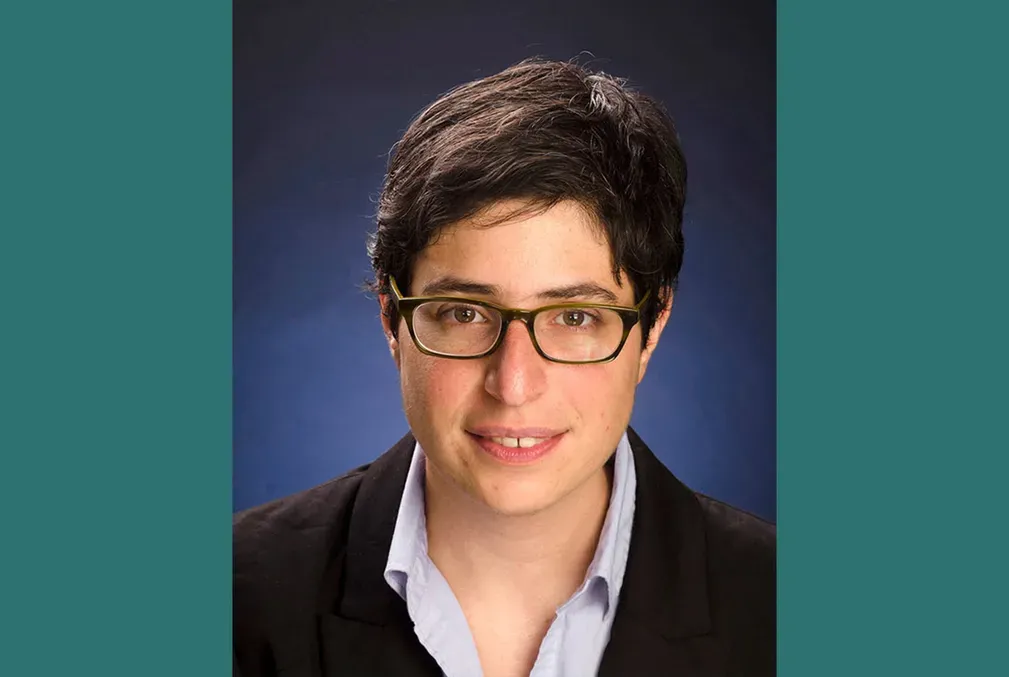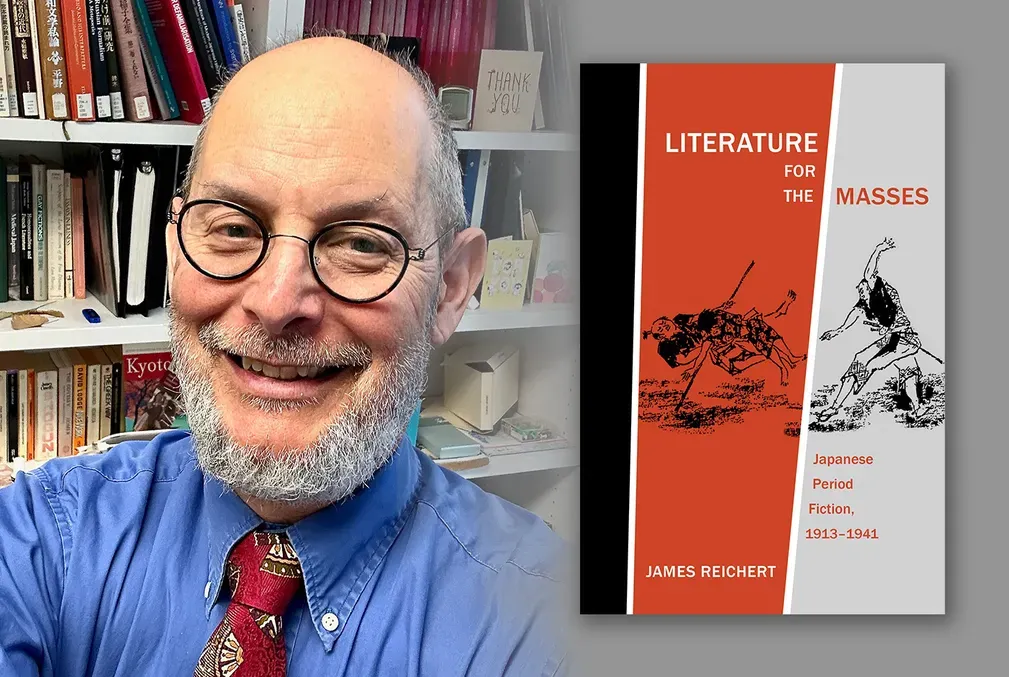New gift will help Stanford reimagine Native American Studies through a 21st-century Indigenous lens
Stanford’s Native American Studies program receives a first-of-its-kind gift from Eric and Wendy Schmidt that will further existing offerings and support new ones.
A generous gift from philanthropists Eric and Wendy Schmidt will provide support for the Stanford Native American Studies program in the School of Humanities and Sciences’ Center for Comparative Studies in Race and Ethnicity. With this gift, the program—which offers an undergraduate major and minor—will be able to support and expand its offerings, as well as enhance the ways it can convene and foster Native American scholarship, including community- engaged learning. This is the first time NAS has received an endowed gift, which will provide ongoing future support for the program.
“This gift will allow us to both secure and to deepen current programming in Native American Studies, as well as to branch out in new areas; it is truly transformative,” said Debra Satz, the Vernon R. and Lysbeth Warren Anderson Dean of the School of Humanities and Sciences. “I am grateful to Eric and Wendy Schmidt for their commitment and to the program leadership for their inspiring energy and vision.”
The endowed fund will be called 'Amham Šumi-mak Muwekma (amah shoo-me-mack muh-wek-mah), based on the Chochenyo name meaning “food for the people.” The name was selected in collaboration with the Muwekma Ohlone Tribe to both reflect the generosity and intention of the Schmidts and honor the ancestral land on which Stanford sits.
“It’s like a dream,” said Teresa LaFromboise, director of the Native American Studies program and professor in the Graduate School of Education. “This gift helps position Stanford as a national thought leader in experiential and integrative learning along with bold scholarship and curriculum innovation. It centers our values of service to the community and embeds a culture of care and wellness and allows us to build influential partnerships. It helps create a larger learning environment, including a greater exchange of ideas. With this level of support, we will be able to reimagine Native American Studies through a 21st-century Indigenous lens.”
The gift was made in conjunction with the Schmidt Family Foundation’s 11th Hour Project, which aims to create a more just and equitable world that centers the protection of human rights and the environment. For the past six years, the foundation has deepened its grantmaking to Indigenous communities, supporting such efforts as the rematriation and restoration of lands and waters, the revitalization of languages and cultural practices, and the accurate representation of Indigenous communities and cultures in society. The foundation has recently formalized this grantmaking through its Indigenous Communities program, created in 2023.
The Schmidts are longtime donors to Stanford and have made gifts to support a number of areas across campus. Eric Schmidt also serves on the advisory councils for the Stanford Institute for Human-Centered Artificial Intelligence and the Stanford Digital Economy Lab.
“In the face of generations of hardship, and for thousands of years, the Indigenous people of California and this country have retained, nurtured, and shared their ancestral knowledge, showing us all how to steward our planet for future generations,” said Wendy Schmidt, co-founder of the Schmidt Family Foundation. “We are honored to support Stanford students as they absorb, preserve, and advance the invaluable wisdom, innovation, and vitality of Indigenous cultures.”
The gift is unrestricted, meaning that the Native American Program director can manage the funds to support the program’s greatest needs and opportunities. Two immediate priorities include offering a course on tribal food sovereignty, wellness, and culture; and supporting Indigenous language learning through education.
Centering Indigenous voices
The popular NATIVEAM 123/EARTHSYS 123: Tribal Food Sovereignty course, which was first offered in spring 2023, is one of the first courses to benefit from the fund. It was created by Stanford lecturer A-dae Romero-Briones—an expert in food systems and agricultural law who has worked with the Schmidts on several projects. “Indigenous agriculture is regenerative,” she said, connecting her course to the foundation’s work.
In Tribal Food Sovereignty, students explore Indigenous food systems and their implications for the land, environment, community, and health of the Indigenous peoples of North America. Students also learn about the introduction of Western colonial models of growing food, eating, and living and how these models altered—and continue to alter—Native peoples and their food systems in North America.
The course’s dynamic experiential learning environment helps students discover how to apply the skills they learn in real life. For example, students learn about plants used by Native people during activities in the field with the ARCHLGY 112A/NATIVEAM 112: Muwekma Community Engaged Learning, Cultural Heritage and Native Plants Garden Field Project course taught by Stanford senior lecturer Michael Wilcox, who descends from the Quechan community.
Romero-Briones includes grant-writing exercises in her course. “Each student learns how to write grants for a chosen community,” Romero-Briones said. “Last semester, three of the grants that were written by students were eventually submitted by the community organizations. We also bring people from tribal communities together to tell their own stories.”
Romero-Briones added: “I'm hoping that the class will change the way we think about food-related problems and issues and actually allow Indigenous people to not only give guidance on how they would approach the problem, or even frame the problem, but offer solutions that are in line with Indigenous values."
The course explores how Indigenous people have responded to climate change through their use of food and land systems. Students learn firsthand accounts from Native Americans, including a man in South Dakota who raises 500 buffalo in his herd; a woman who practices traditional hunting and fishing in Alaska; and a farmer who is a homesteader in Hawaii. Romero-Briones’ course also highlights the stories of Indigenous women—a perspective that is often left out of the larger discourse around climate and food—as part of a larger approach that views these topics through an Indigenous lens and centers Indigenous voices.
“The lifeblood of knowledge and culture”
While food is one unique identifier of a culture, so, too, is language. The Schmidts’ gift will also advance the offerings of Indigenous language studies. Stanford is one of the few nontribal universities in the United States that provides Native language instruction. This academic year alone, the Stanford Language Center’s Special Languages Program has offered eight Native languages: Lakota, Navajo, Cherokee, Inupiaq, Yup’ik, Quechua, Hawaiian, and Samoan.
“Indigenous languages are endangered,” LaFromboise said. “Yet they are the lifeblood of knowledge and culture.”
LaFromboise has ambitious plans to bring in experts from beyond Stanford to engage in Indigenous language reclamation and revitalization initiatives. Indigenous scholars, linguists, language instructors, faculty, and students will come together at a groundbreaking conference to think collectively about how to preserve and share the wealth of Indigenous language learning. In addition, the program will increase the number of Stanford students who can receive summer stipends for studying tribal languages and engaging in tribal language reawakening projects within communities.
The Stanford community at large will also benefit from the creation of a scholar-in-residence program in Native American Studies. Partnerships with Indigenous experts are key to deepening learning, and the presence of additional scholars in Indigenous studies on campus creates an immersive, relational opportunity to make education more impactful. These scholars will work with Native American Studies faculty to provide a diverse abundance of learning opportunities, including lectures, workshops, method exploration, and mentorship of promising young scholars who are poised to lead the next generation of learners.
Ultimately, the Schmidts’ 'Amham Šumi-mak Muwekma endowment will help the university satisfy the growing demand from both Native and non-Native students alike for courses that deepen understanding of tribal sovereignty and Native American lifeways. “This knowledge of Indigenous experiences, both past and present, has implications for health, social justice, equity, and the environment—issues that affect us all,” LaFromboise said.






